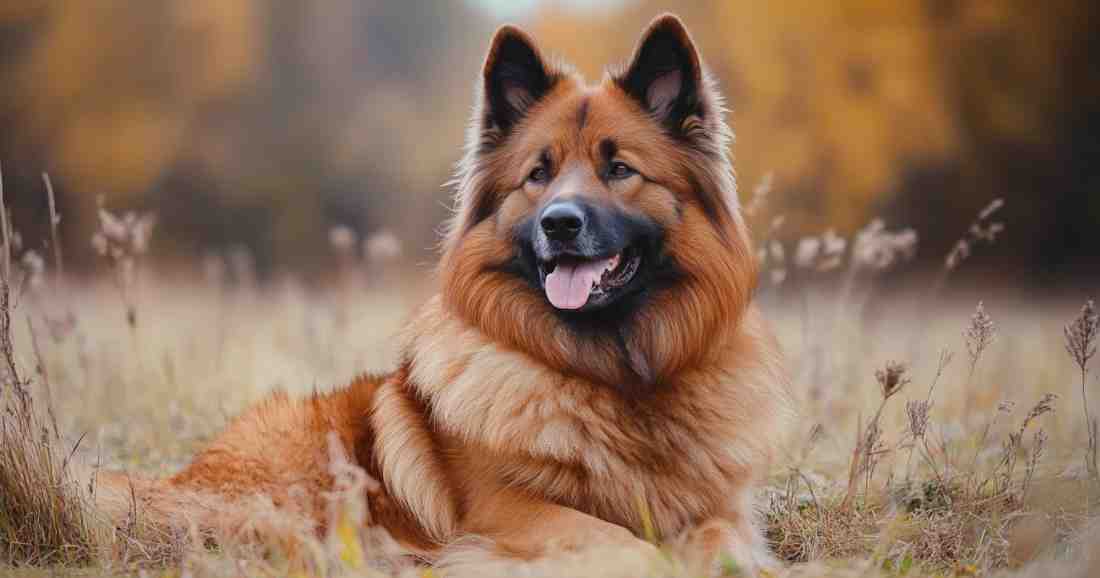
Uncover whether a big or small dog suits you best with the fun Should I Get a Big or Small Dog Quiz ,Find the Perfect Canine Companion for Your Lifestyle! Are you debating whether a large or small dog is the right fit for you? The Should I Get a Big or Small Dog Quiz helps you decide which size best suits your living situation, activity level, and personal preferences. Choosing the right dog isn’t just about looks—it’s about finding a breed that matches your lifestyle, space, and daily routine. Whether you dream of a giant, lovable companion or a compact, energetic pup, understanding the pros and cons of each can make your decision easier.
Dog size impacts everything from exercise needs to housing requirements. Large breeds, such as Golden Retrievers and German Shepherds, often require more space and physical activity. Small dogs, like Chihuahuas and Pugs, adapt well to apartments and have lower exercise demands. However, smaller breeds can sometimes be more vocal and prone to anxiety, while larger breeds may require firm training to manage their strength.
Lifestyle Considerations for Dog Owners
Your lifestyle plays a crucial role in determining whether a big or small dog is best for you. Active individuals who love hiking or jogging may prefer a large dog that enjoys endurance-based activities. Those who travel frequently or live in smaller homes might find a small dog easier to manage. Understanding your daily routine and future plans helps ensure you choose a dog that fits seamlessly into your life.
Training and Care for Different Dog Sizes
Training a dog requires patience, consistency, and an understanding of breed tendencies. Large dogs, while often more even-tempered, need early socialization and training to prevent dominance-related behaviors. Small dogs, despite their size, can develop “small dog syndrome” if not properly trained, leading to excessive barking and possessiveness. Grooming, feeding, and vet care also vary by size, with larger dogs typically requiring more food and potential joint support.
Is a Big or Small Dog Right for You?
Not everyone is suited for a large, high-energy breed, just as not all owners prefer the delicate nature of a toy-sized dog. Big dogs provide security, strength, and a loving presence, while small dogs offer portability, lower food costs, and adaptability to tighter spaces. Your choice should reflect your living situation, experience level, and long-term commitment to a dog’s needs.
Take the Should I Get a Big or Small Dog Quiz Now!
Still unsure whether a big or small dog is the best fit for you? The Should I Get a Big or Small Dog Quiz provides a fun and insightful way to explore your options. Answer a few simple questions to discover which size suits your lifestyle best. Don’t choose a dog based on appearance alone—find your ideal canine companion by taking the quiz now!
